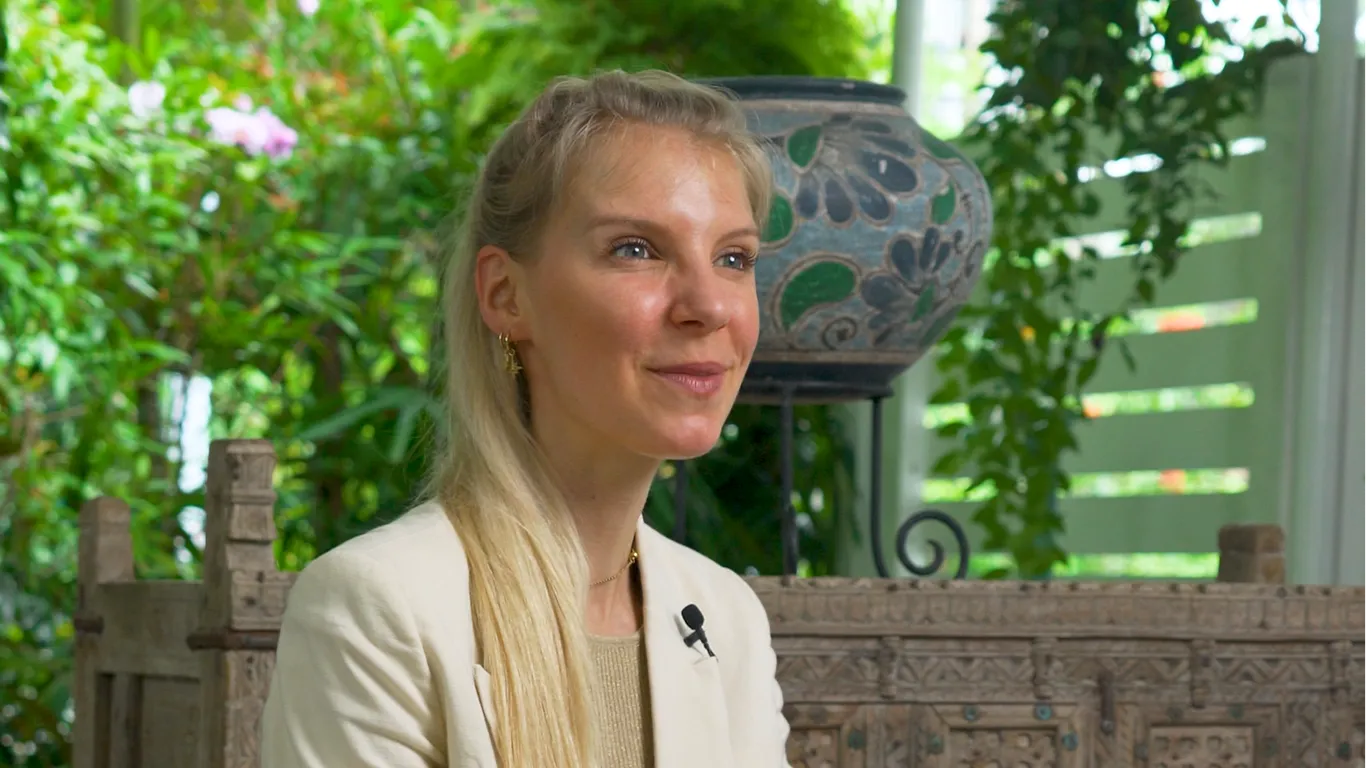If you’ve ever lost sleep over a missing rental deposit or a contract that seemed sneakier than a mystery box, you’re not alone. Enter Xuan Ming — legal counsel by day, Reddit superhero by night, and the latest guest on Rently Stories. Elliot sat down with him to unpack what really happens in Singapore’s rental scene, and how tenants can stand up for themselves — with a little humour and a lot of legal know-how.
Reddit: The Legal Advice Hotline We Never Knew We Needed
While most of us scroll Reddit to procrastinate, Xuan Ming uses it to help tenants in distress. Between “AskSingapore” threads and frantic DMs, he’s spotted patterns: renters struggling with landlords who seem to have lost their moral compass — or, more practically, their willingness to return deposits.
As he put it, Reddit is simply where Singaporeans (and expats) go to share their rental nightmares, ask “is this normal?”, and hope someone answers.
The Age-Old Problem: The Vanishing Deposit
One of the biggest headaches for tenants is when they move out, only to have their landlord pull a disappearing act with their security deposit. It happens more often than you’d think — especially for foreign tenants, who leave the country as soon as the lease ends and struggle to chase the money once they’re overseas.
Xuan Ming shared jaw-dropping stories of deposits ranging from $1,000 to a staggering $15,000 simply not returned. The logic is painfully simple: if a tenant flies out, it’s much harder for them to come back to fight. Some landlords (certainly not all!) know this, and — unfortunately — take advantage.
Why Don’t Tenants Fight Back?
Elliot posed the million-dollar question: why do so many tenants just let it slide?
According to Xuan Ming, it’s part knowledge gap, part fear, and part…Singapore. Many renters, especially expats, think the legal system is too intimidating, or that involving courts will cost more than it’s worth. But in reality, Singapore’s small claims tribunal is quite efficient and relatively affordable — you can file a claim for under $50, and you don’t even need a lawyer.
Plus, thanks to the wonders of Zoom, you can handle your hearing remotely. So yes, you can absolutely argue your case in sweatpants, from anywhere in the world.
That said, there’s a cap of $10,000 in small claims. Anything beyond that needs a lawyer and potentially more complex proceedings, which is where costs can add up. That’s when Xuan Ming recommends tenants group together. If the same landlord has left multiple people hanging, a collective action might be more cost-effective — think “mass-complaint” rather than “solo battle.”
The Unwritten Rules of Singapore Renting
Beyond the deposit drama, Xuan Ming highlighted another sneaky area: contracts.
Tenancy contracts in Singapore can sometimes be lopsided, favouring landlords or even real estate agents more than tenants. And because the rental market moves fast — think queues outside open houses, FOMO in the air — tenants often sign first and ask questions later.
It’s a system that puts pressure on tenants to lock in a deal before fully understanding what they’re signing. And once the deal is done? Often the agent is nowhere to be found if problems come up.
Elliot couldn’t help but joke that tenants should be able to leave a one-star Google review for their landlord. Honestly — not a bad idea.
Could the Government Do More?
Why isn’t there stricter oversight, like rental escrow or mandatory landlord references? Xuan Ming’s view is that Singapore’s rental market just isn’t big enough (or loud enough) for policymakers to intervene. Tenants often accept losses as “the cost of doing business” and move on — which doesn’t exactly push reforms forward.
But he hopes more public education can help. After all, newcomers to Singapore have enough on their plates — new job, new country, new food (chilli crab, anyone?). Understanding local tenancy law should not be the final boss of their relocation journey.
Fighting the Good Fight
So what drives Xuan Ming to go above and beyond, spending hours on Reddit answering strangers’ legal questions?
“Landlords are not necessarily evil,” he clarifies, “but there are bad actors who behave like bullies — and I don’t like bullies.”
One Reddit post was all it took to light a fire under him. Someone had been ghosted for their deposit, and he decided to dive deep: calling the small claims tribunal, probing the process for foreigners, and then putting it all back on Reddit in plain English. His mindset? If he could help even one tenant get their money back, it was worth it.
And he has: of the eight tenants he’s helped, six recovered their deposits, proving that standing up for yourself is not a lost cause.
So, What Should Tenants Do?
Know your contract.
Read every line, even the boring ones.Ask questions.
And don’t be shy about clarifying terms.Don’t panic if you have to leave Singapore.
Small claims tribunals can work with you remotely.Band together.
A group of tenants has a louder voice — and more negotiating power.
Most importantly, don’t assume you’re powerless. As Xuan Ming put it, Singapore’s legal system is surprisingly efficient. You might not need to suit up like Harvey Specter, but you do have tools to defend yourself — and a growing community to help you do it.
The Bigger Picture
If there’s one thing this conversation showed, it’s that renting in Singapore — for all its perks — still has its flaws. From unreturned deposits to iffy contract clauses, there’s plenty of room for improvement. Platforms like Rently, tenant advocates, and even one-off Reddit heroes like Xuan Ming are working to make it better, one story at a time.
So, next time you think you’re alone against a landlord who “misplaced” your deposit, remember this: you’re not. There’s a whole community — and a legal process — ready to back you up. All you need is a good WiFi connection, a bit of patience, and maybe, just maybe, Xuan Ming on your side.













